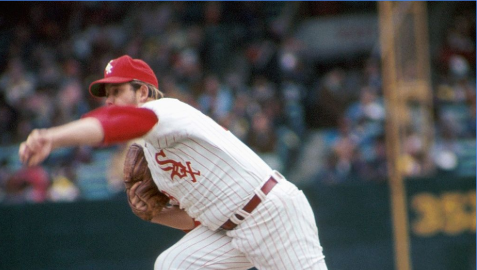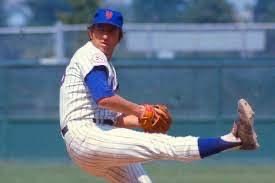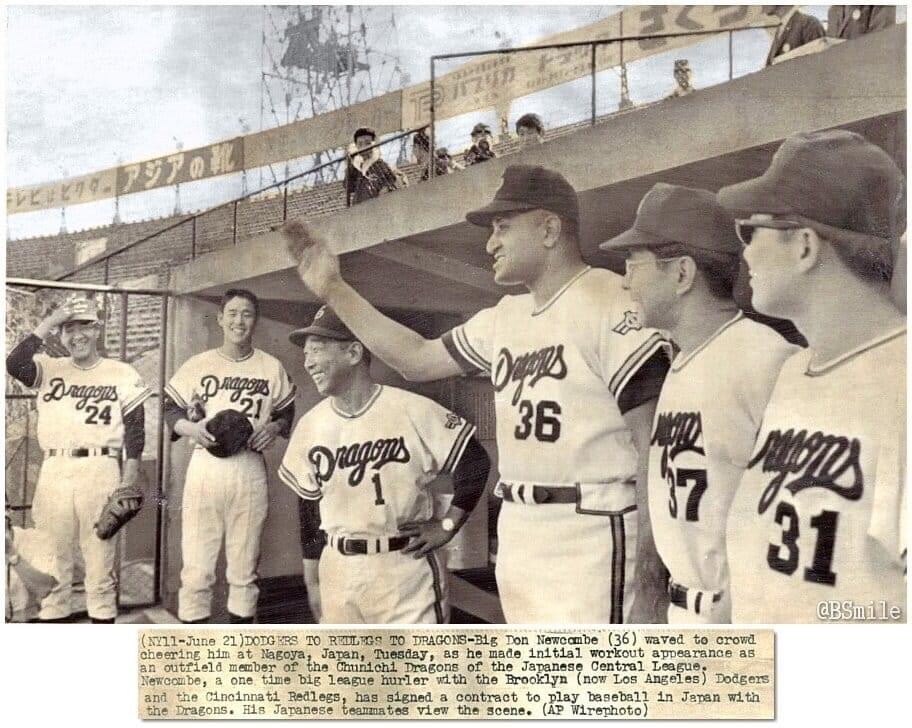5/28/1969 – For the second time in their new life, the Seattle Pilots were involved in a batting out of order situation. This time, the Pilots were the ones that were confused. The Orioles were in town and Pilots’ skipper Joe Schultz changed the lineup after submitting it to the umpires. The revised lineup had differences in the second through sixth spots, including one player substitution. When Dick Simpson went to center field in the top of the first inning, he was considered an unannounced substitution for Don Mincher according to Rule 3.08(a)(3) and legally in the game. Therefore, Simpson was placed into the fourth spot in the batting order (the umpire does not care about fielding positions). The Pilots batted in the revised, incorrect order into the fifth inning. In the bottom of the first, Dick Simpson walked and stole second but was left stranded there by Wayne Comer and Tommy Davis. In the second inning, Gus Gil struck out and Mike Hegan grounded out. Jerry McNertney singled and scored when Ray Oyler homered. McNertney was out of order but Oyler was not so the homer could not be protested and the score was now 4-2 Orioles. In the third, after Tommy Harper walked, the next three batters all made outs. In the fourth inning, the only damage was another single by McNertney. In the fifth, the Pilots had runners on first and second and no one out. It was time for the second place hitter to bat. Simpson (out of order) struck out and then Comer flew out (in the correct spot after Simpson). Davis, the third-place hitter now batting in the sixth spot following Comer, doubled in both runners and Earl Weaver protested that Davis was out of order. Baltimore was ahead 9-2 at the time. Gil was the proper batter at the time but the umpires declared Simpson the proper batter and called him out for the second time in the inning and the second time in three batters. The official order was followed to the end of the game, which was won by the Orioles, 9-5.




